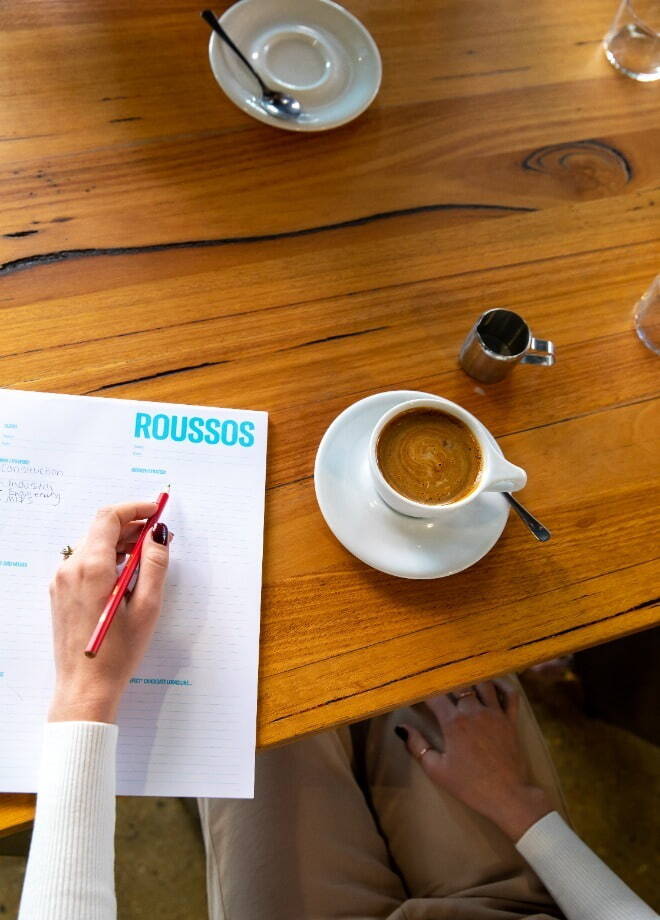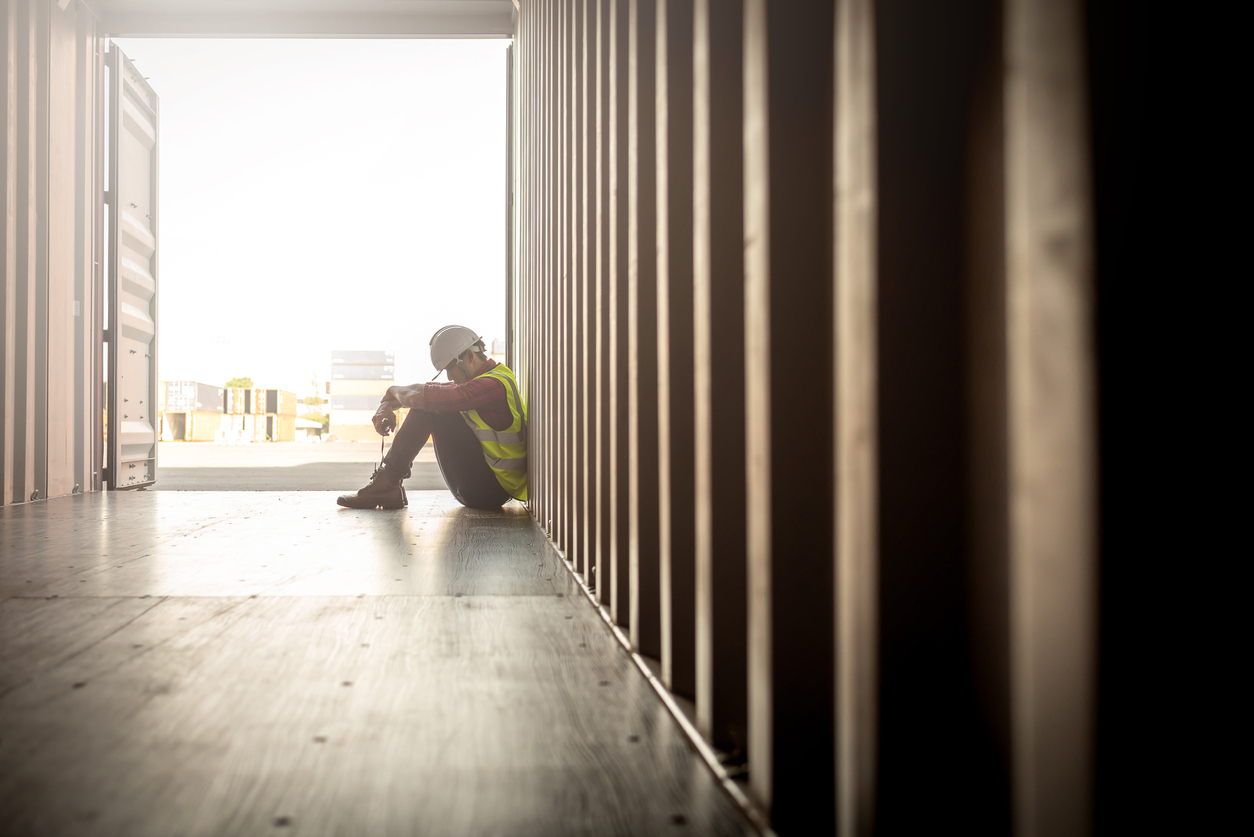The property and construction industry has had a tough couple of years - whether trying to keep projects running in response to industry changes, or more recently, coping with increased demand and labour / material pressures, companies and individuals have had to work harder. While we are seeing some positive signs from organisations around flexible working and wellness initiatives, more often than not, feedback from clients and candidates is that they are being asked to do more with less, leading to longer hours and increased pressure.
The workforce today, which employs 1.2 million people and equates to nearly 10% of the Australian workforce, remains under immense pressure to deliver projects on time and to budget, despite ongoing material shortages and significant cost pressures. It is also facing significant labour shortages, with more than 100,000 additional workers needed by 2023 to deliver on the forward pipeline of building infrastructure pipeline.
The industry has always been one of the most demanding industries with high pressure and expectations, often requiring workers to work long hours and weekends, and the environment over the last two years has only propagated this demand further. In a recent report by the Construction Industry Culture Taskforce (CICT), established in late 2018 to address cultural challenges facing the industry, it was found that:
People working in construction are twice as likely to commit suicide than the national average
Nearly a quarter of people working in construction work more than 50 hours per week (23%)
Long and inflexible work hours are a substantial contributing factor to work-family conflict and cause an imbalance between work and non-work life
Construction is the most male-dominated industry in the country, with women making up only 12% of the industry workforce, leading to issues of not being able to attract and retain talented women in the midst of a labour shortage, which has been exacerbated by COVID-19 and international border closures
The industry as a whole needs to get better at providing a workplace and project structure that promotes a more balanced way of working together with implementing support mechanisms to manage physical and mental health. Whilst there has been good progress in the industry on physical safety and in isolated areas on wellbeing and improving diversity, we need urgent change to our construction culture to avoid putting people and projects at risk. There is an obvious opportunity to address this issue by being bolder and more collective in our thinking. Some recent examples of such companies that have been seen to take a lead in this space are Roberts Co and CoBild.
Roberts Co are a Tier 1 builder in NSW & VIC with an overarching goal to “Build a Better Way” for the construction industry, which includes incorporating more flexible working hours. Having recently introduced an initiative “Project 5” which implements a 5-day working week, operating Monday to Friday, allowing workers to spend weekends with their families – a concept that is unprecedented amongst the construction industry. They recognise that the challenge to make this work is through education, engagement, and communication with clients about WHY a 5-day week is a better way forward.
Another NSW builder, CoBild have also implemented several initiatives that allow for workers to assess their mental health. With mental health a long term and critical issue in the construction industry, forward-thinking builders such as CoBild are realising and taking the steps they need to create a better workplace environment for their teams.
Whilst these initiatives, at an organisational level, are encouraging and always necessary to inspire change, it is time for the industry to shift collectively in their approach and thinking and look to provide a better way to work and support their people.


